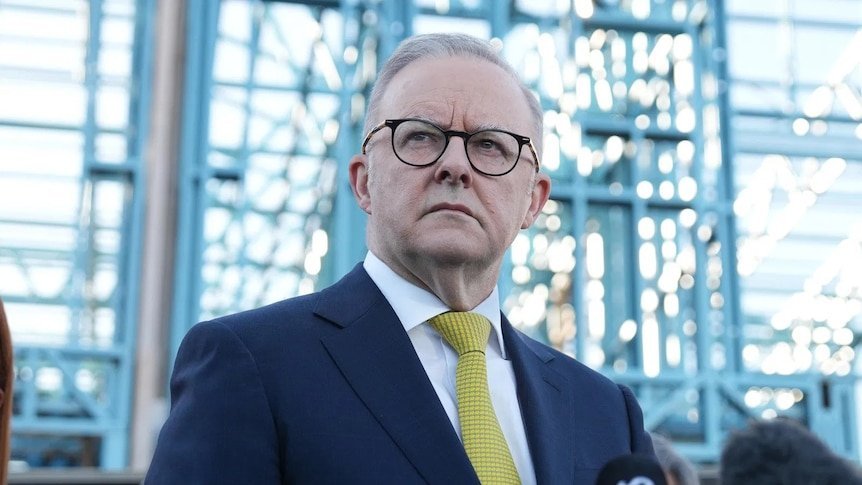- Prime Minister Anthony Albanese speaks out on reported ban, urging quick resolution to avoid “consequences” for both countries
- BHP shares plummet 1.1% on news of ban, with some analysts seeing it as a “negotiating tactic” to secure lower prices
- Treasurer Jim Chalmers sets up meeting with BHP CEO to discuss the issue, as Western Australia Premier Roger Cook accuses China of “gamesmanship”
Prime Minister Anthony Albanese has expressed concerns over reports that China has banned iron ore imports from Australian mining giant BHP, describing it as a “consequence” of hardball negotiations between the two parties. The ban, reportedly imposed by China’s state iron ore buyer, has sent BHP shares tumbling 1.1% on the Australian Stock Exchange.
“I am concerned about that, and what we want to make sure is that markets operate properly,” Albanese said, referencing China’s past history of economic coercion. “We have seen those issues in the past.”
The Prime Minister’s comments come as China attempts to scale back steel production over the next two years, citing concerns over overcapacity and environmental impact. The move is expected to put pressure on global iron ore prices, which have already seen a dip in recent months.
Albanese urged a quick resolution to the dispute, warning of potential “consequences” for both countries. “Sometimes when people are negotiating over price, sometimes these things will occur. I want to see this resolved quickly,” he said.

Treasurer Jim Chalmers has also weighed in on the issue, describing the reports as “concerning” and setting up a meeting with BHP CEO Mike Henry to discuss the matter. “Ultimately though, they are about the commercial arrangements between two companies, and so in one respect, it’s a matter for the company to work through,” Chalmers said.
Western Australia Premier Roger Cook has accused China of “gamesmanship” in the negotiations, saying the ban is likely a tactic to secure a better price for iron ore. Nationals leader David Littleproud has called for more “transparency” in the process, warning against Chinese state-owned organisations using their power to influence BHP.
As the dispute continues to unfold, analysts are divided on the potential impact of the ban. While some see it as a mere “negotiating tactic”, others warn of potential “ripple effects” on the global steel market and construction costs.
In the midst of the uncertainty, one thing is clear: the stakes are high, and the outcome will have far-reaching consequences for both Australia and China.
</h3掛prime>

